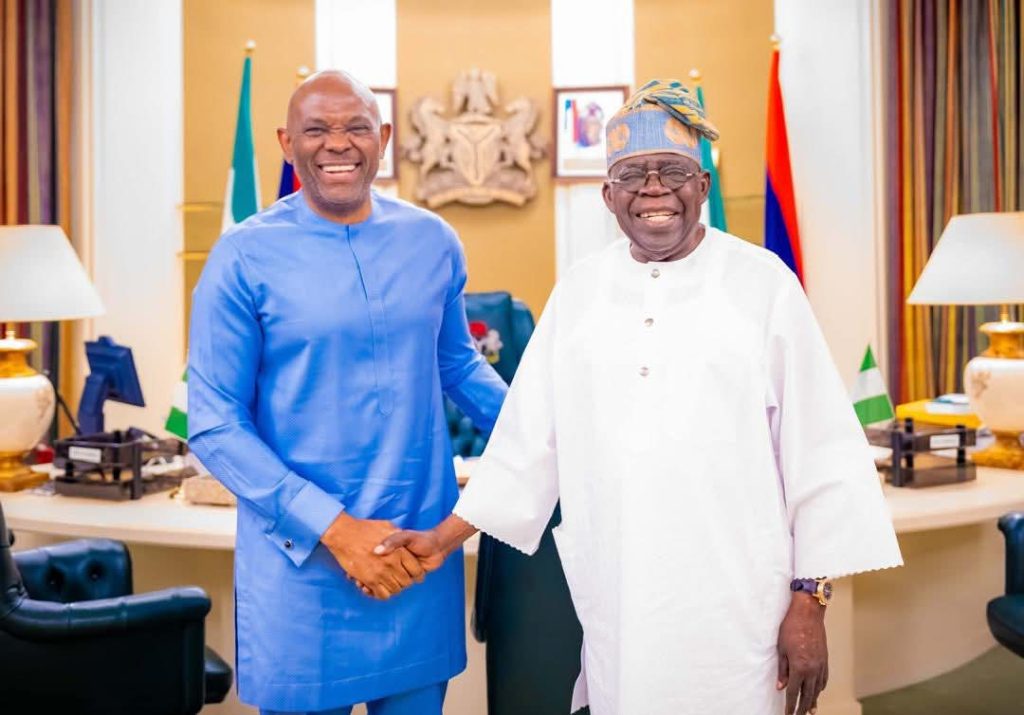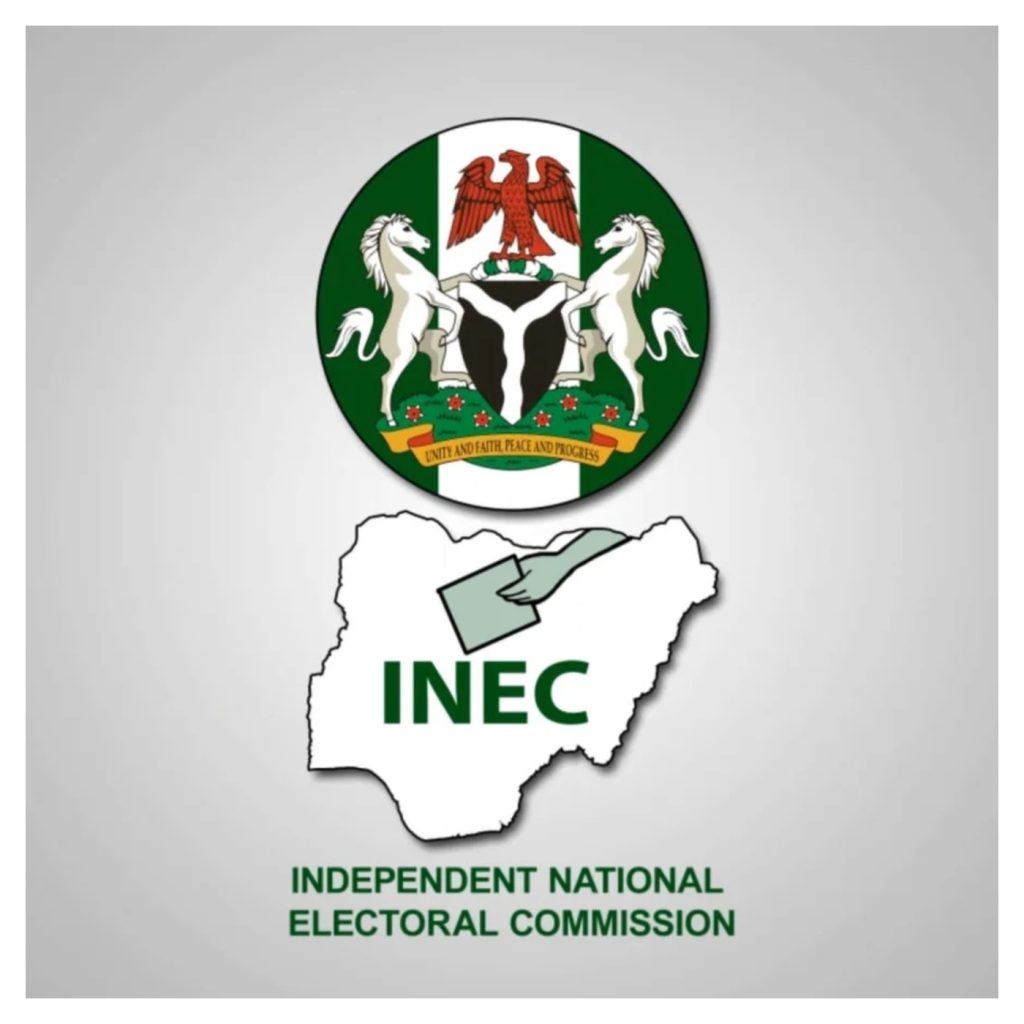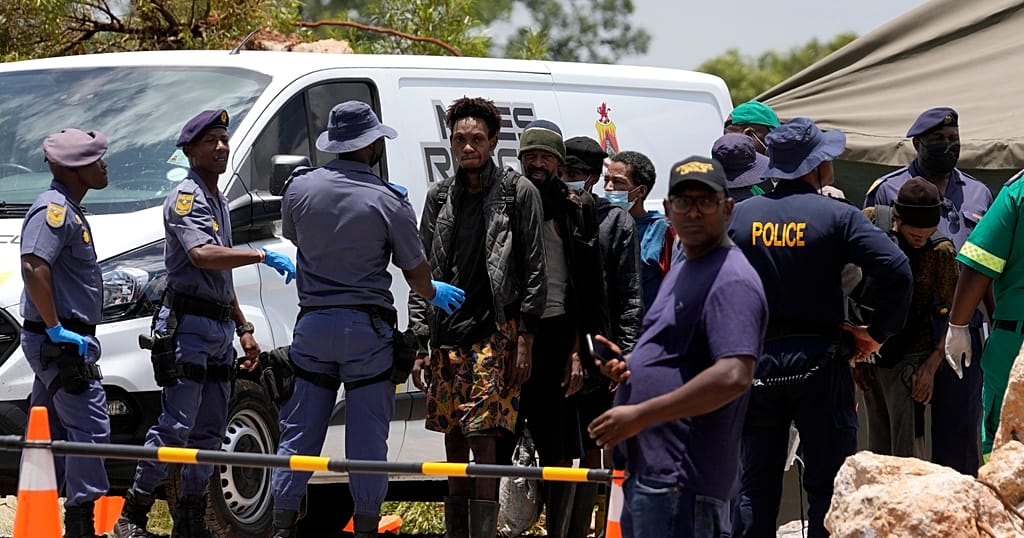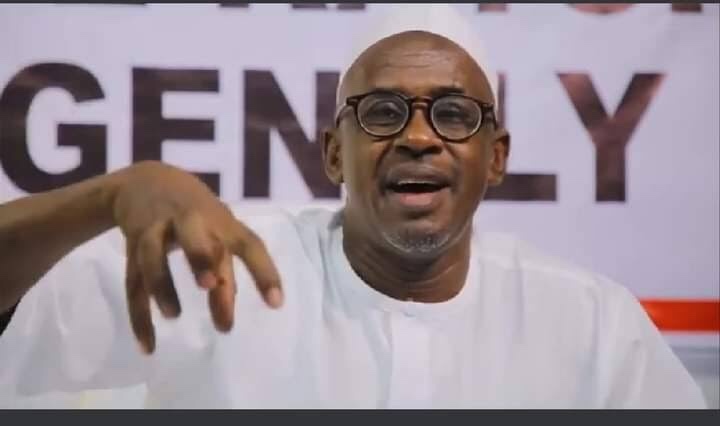A significant political shift has occurred in Kano State, Nigeria, as at least 1,000 members of the New Nigeria People’s Party (NNPP) and the Kwankwasiyya Movement have defected to the All Progressives Congress (APC). This development was announced in a statement by Ismail Mudashir, Special Adviser on Media and Publicity to the Deputy President of the Senate, Senator Barau I. Jibrin.
The defectors gathered at the Fine Time Events Centre in Kano, where they were officially welcomed into the APC. According to the statement, their decision to defect was inspired by the interventions of President Bola Ahmed Tinubu and Senator Jibrin. The leader of the defectors, Aminu Minjibir, stated that they had contributed significantly to the growth of the Kwankwasiyya Movement but were no longer satisfied with the NNPP’s performance in addressing the needs of Kano residents.
Minjibir expressed that despite their hard work for the movement, the NNPP had failed to deliver meaningful change to the people. Senator Jibrin, while receiving the defectors, described their move as a wise decision, highlighting the APC’s position as the largest political party in Africa and its focus on improving the lives of Nigerians. He encouraged others to join the APC for the progress of the state and the country.
The defection of these members from the NNPP and the Kwankwasiyya Movement to the APC is a notable shift in the political landscape of Kano State. The APC, with its extensive presence in Nigeria, continues to attract members from other parties, citing its commitment to the welfare of Nigerians as a major draw. As Nigeria navigates its political terrain, such defections underscore the dynamic nature of the country’s political landscape, where alliances and party affiliations can shift significantly.
The move is also indicative of the ongoing realignment of political forces in Nigeria, where parties are seeking to strengthen their positions ahead of future elections. With the APC positioning itself as a dominant force, other parties are likely to face challenges in retaining their membership and influence. As the political environment continues to evolve, it remains to be seen how this defection will impact the balance of power in Kano State and the broader Nigerian political scene.



